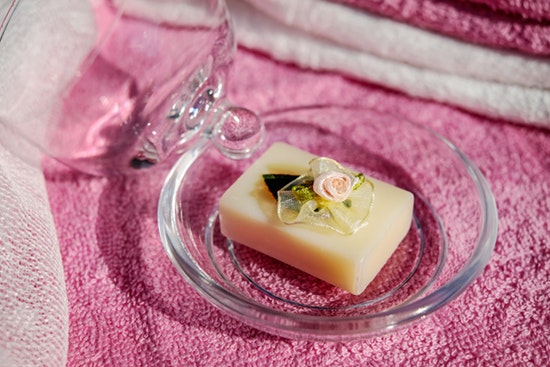
Sexual Hygiene Equals to a Healthier Sexual Life
Cleanliness and hygiene of all body parts contribute to the overall health and well-being of an individual. In the same way, sexual hygiene which involves cleanliness of the genitals before and after sexual intercourse is of utmost importance and prevents the development of infections and possible long-term complications.
Menstrual Hygiene
Sexual hygiene in females begins with menstrual hygiene. Women are advised to remain clean during their periods, and this includes regular changing of pads/tampons, as stale pads or tampons may lead to serious infections including Toxic Shock Syndrome, a life-threatening condition which may occur in women who retain blood soaked tampons.

Another helpful piece of advice is to keep unused pads and tampons covered in plastic wrappers until they are used. Otherwise, these items get contaminated from the environment and may result in the urinary tract or vaginal infections.
Hygiene after Sex
Sex involves both partners, and therefore sexual hygiene is the responsibility of both man and woman. One of the most significant and simplest recommendations is hand washing. Foreplay involves a lot of touching and fondling. Therefore there is a very high risk of transferring microorganisms from hands to mucus-membranes which line all the body orifices.
• Urinating after sex is also a healthy habit as it flushes out the urine along with any infectious agents transferred to the urinary tract during sexual intercourse.
• Sex toys should also be cleaned after use as they may be stained with blood, vaginal discharge or feces which could be another source of sexually transmitted infections.
Genital Hygiene
Washing of the genitals with soap and water is highly recommended, but fragrances and scented soap should be avoided. When washing the vagina, care must be taken to go front to back, i.e. vagina, before urethra and anus. This prevents the transfer of fecal microorganisms from anus to vagina.

Vaginal douching, which is the process of spraying a scented liquid through a tube into the vagina, is strictly prohibited by gynecologists as it increases the risk of many infections and may even cause long-term complications like infertility and cancer.
Clothing also plays a significant role in maintaining hygiene. Tight underwear aggravates perspiration which provides an optimal environment for bacterial growth. Cotton is the preferred material for underwear, and a looser fitting is recommended to dry up the sweat quickly and effectively.
The Bottom Line
To summarize, just like all other body parts sexual hygiene also revolves around regular washing and cleaning. The point to be highlighted though is that this cleaning should be done promptly, so as not to give bacteria an opportunity to flourish and cause infections which may have severe, long-term consequences.

